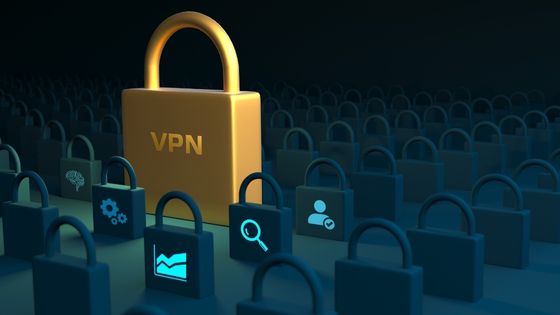Virtual Private Networks (VPNs) are ideal for Internet users who want to protect their identity and other data on the Internet. If you want results like your organization’s data cannot be pasted here then VPN connections can help in doing so. They hide your IP address and secure your internet browsing while giving you access to geo-restricted websites. This gives you more freedom and autonomy to access any site without compromising privacy.

There are downsides to using a VPN. The most common problem is that when you are connected to a VPN server, it slows down your internet speed. This means your internet connection may be slow while streaming video or downloading data. To solve VPN speed problems, we have prepared several methods of increasing your internet speed while it is still connected to the VPN. Before diving into your options, you must know why you’re experiencing slow speeds when using a VPN server.
Impact of VPN connection on internet speed
A VPN is a tunnel that encrypts your internet activity using an encrypted path through an external server. It redirects internet traffic through a VPN server to protect your identity from being seen by other entities, including Internet Service Providers (ISPs) and the government. After all, you get more security and privacy to do your online work without worrying about someone snooping on your browsing habits.
On the other hand, encryption and redirection will increase the time it takes for data packets to travel between your computer and its destination. This means you’ll experience slower speeds when using a VPN.
In most cases, you will notice that your speed drops slightly. If you are experiencing a constant slowdown in your VPN connection, you need to test different ways to improve your VPN connection speed.
Ways to enhance the speed of your Internet on VPN
Here are some of the most effective ways to improve your connection speed with a VPN:
Your VPN connection customization
Your VPN protocol is a system that encrypts your personal information before connecting to an external network. The choice of protocol you choose can affect not only your privacy or security but also the speed of your VPN. Therefore, knowing the differences between the various VPN protocols is essential before deciding which one to choose.
Protocols such as PPTP and Wire Guard do not provide sufficient security, while the OpenVPN protocol offers high-level encryption to protect your online activities.
Choose a New VPN connection
Some VPN providers may not offer high speeds in your area after switching to a different server or protocol. To fix this problem, change to the VPN service of your choice.
For example, Surf shark provides fast speeds to servers located near your area and even from your location. In the same way, NordVPN and ExpressVPN offer incredible rates without purchasing a paid subscription.
Do not use background apps
However, it’s not apparent that you might have apps and software running in the background. They may not be visible in the user interface, but these programs end up using up your processing and bandwidth. Ensure background applications are running and remove them to improve your VPN speed.

















